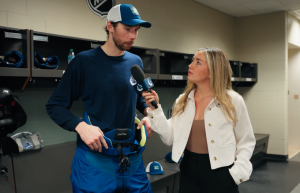New information on a Massachusetts drug lab that was shut down when one chemist revealed she'd lied on a number of tests shows the facility was rife with improper practices, poor management and sub-par instruction.
State police shut down the lab, previously headed up by the Massachusetts Department of Public Health, two years ago, after Annie Dookhan told authorities she'd messed with some pieces of evidence and only studied some of the samples she initially maintained she'd tested. Dookhan was arrested soon after she admitted to the crimes, and is now serving a five-year sentence for obstruction of justice, along with a handful of other charges.
Tuesday's report showed that Dookhan wasn't the "sole bad actor" in the scandal, which caused scientists and researchers to submit requests for new trials on the materials the chemist tested in the past. Massachusetts Inspector General Glenn Cunha told the Associated Press that his probe, a 15-month long investigation, proved many employees at the lab were also involved in some form of malpractice.
"The directors were ill-suited to oversee a forensic drug lab, provided almost no supervision, were habitually unresponsive to chemist's complaints and suspicions, and severely downplayed Dookhan's major breach in chain-of-custody protocol upon discovering it," Cunha's report read.
The state's Inspector General added that the managers' missteps "contributed to Dookhan's ability to commit her acts of malfeasance," at the lab, located in the Hinton State Laboratory Institute in Boston's Jamaica Plain area.
Following the lab shutdown, Massachusett's public health commissioner stepped down from his position, while one manager of the lab resigned and another was fired.
"What was plain well before the Annie Dookhan issue arose is that forensic work should not have been done at the Hinton facility," Gov. Deval Patrick stated. "It should have been done at a crime lab."
Many lab employees didn't have a set of protocols to follow for rudimentary tests. The probe also showed the Hinton lab used faulty equipment that produced unreliable results. Additionally, it appears the managers of the lab didn't take action when other chemists questioned Dookhan's work.
"Let's be clear, Dookhan's behavior did not go unnoticed," Cunha continued. "Those complaints fell on deaf ears."
Dookhan reportedly worked on some 40,000 tests over the course of her employment at the facility.
© 2025 HNGN, All rights reserved. Do not reproduce without permission.








